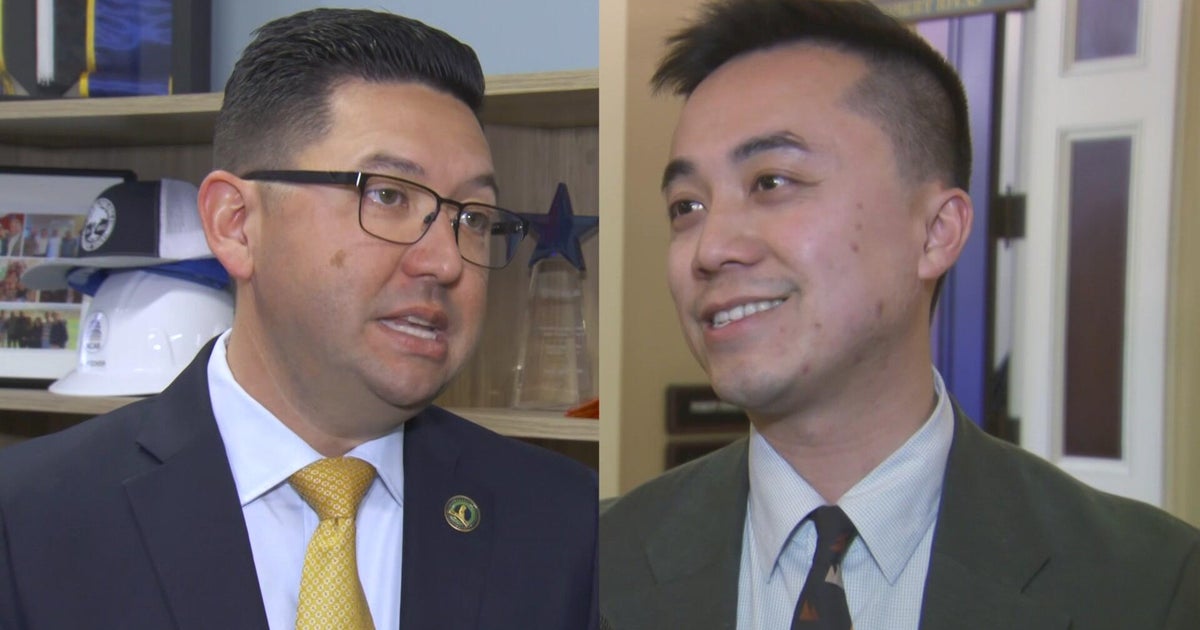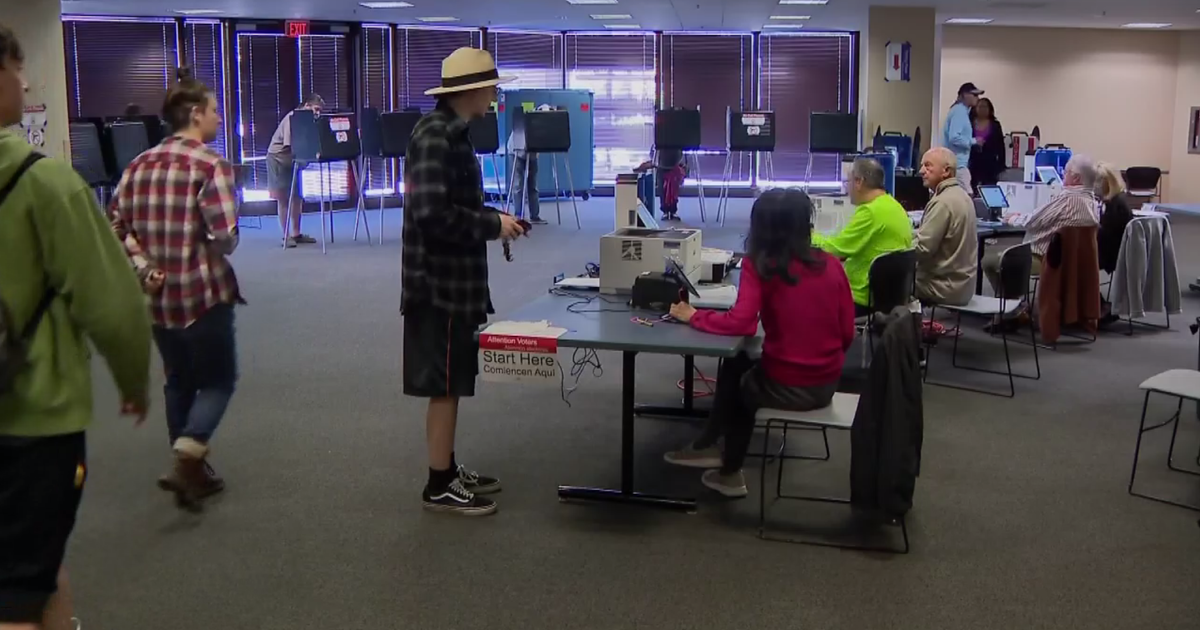Supreme Court extends order preserving access to abortion pill mifepristone to Friday
Washington — Supreme Court Justice Samuel Alito on Wednesday extended a temporary pause of a lower court order that imposed limitations on the widely used abortion pill mifepristone to Friday at 11:59 p.m.
The brief order issued by Alito preserves broad access to mifepristone for two more days — his initial temporary hold was set to expire Wednesday at midnight — and allows the Supreme Court additional time to consider emergency requests from the Biden administration and drug maker Danco Laboratories to halt an appeals court ruling that rolled back a series of actions taken by the Food and Drug Administration since 2016.
Those changes increased the gestational age limit for using the drug from 7 weeks to 10 weeks, reduced the number of required in-person clinic visits needed for a prescription, and broadened the set of healthcare providers able to prescribe the drug. The FDA also approved a generic version of mifepristone in 2019 and allowed the drug to be dispensed by mail in 2021.
The legal landscape for mifepristone has evolved rapidly since, Matthew J. Kacsmaryk, a federal district judge in Texas, suspended the FDA's 23-year-old approval of the drug in an April 7 decision that would disrupt access to the medication nationwide, including in states where abortion is legal. The U.S. Court of Appeals for the 5th Circuit later put on hold the most significant part of the district court's ruling — halting mifepristone's approval — but unwound the FDA's policy changes since 2016 that relaxed the rules surrounding the drug.
It was in response to the divided decision by the three-judge panel on the 5th Circuit that the Biden administration and Danco sought the Supreme Court's intervention.
"If allowed to take effect, the lower courts' orders would upend the regulatory regime for mifepristone, with sweeping consequences for the pharmaceutical industry, women who need access to the drug, and FDA's ability to implement its statutory authority," Solicitor General Elizabeth Prelogar told the Supreme Court of the lower court decisions.
Hours after the Justice Department asked the Supreme Court to step in, Alito issued an administrative stay, which ensured mifepristone would remain available while the court considered the issue.
The dispute over the FDA's approval of mifepristone is the most significant case involving abortion to land before the Supreme Court since it overturned Roe v. Wade less than one year ago, a ruling that threw the legal landscape into chaos and led to near-total bans on abortion in more than 12 states.
In 15 states, restrictions are in place that make it harder for patients to obtain medication abortions, including by requiring the drugs to be provided by a physician.
Medication abortions have become increasingly common and accounted for more than half of all abortions in the U.S. in 2020, according to the Centers for Disease Control and Prevention. Mifepristone is taken in combination with a second medicine, misoprostol, to terminate an early pregnancy.
More than 5 million women have ended their pregnancies using mifepristone, according to the FDA.
The Justice Department has argued in court papers that the risk of serious adverse events from mifepristone is extremely low when it is taken as directed, and warned that the lower court orders "would scramble the regulatory regime governing a drug that FDA determined was safe and effective under the approved conditions."
But in a filing with the Supreme Court on Tuesday, anti-abortion physicians and medical associations that sued the FDA over its approval of mifepristone said the 5th Circuit's order restores "a modicum of safety" for the pregnant women who use the drug and would not shut off access to mifepristone. Instead, the pill would be subject to the same restrictions in place for the 16 years following its 2000 approval, they wrote.
"Both the Fifth Circuit and district court orders paint an alarming picture of this lawlessness — all to the detriment of the women and girls FDA is supposed to protect," they said.
The legal battle targeting medication abortion began in November with the lawsuit filed by the Alliance Defending Freedom on behalf of the anti-abortion doctors and medical groups. The challengers argued the FDA failed to adequately consider mifepristone's health and safety risks when it approved the drug in 2000. The case was filed in the federal court in Amarillo, Texas, where only Kacsmaryk, appointed by former President Donald Trump, oversees cases.
Kacsmaryk's decision blocked not only the FDA's approval of mifepristone, but also the agency's subsequent actions expanding access to the drug.
The 5th Circuit, however, said "it appears that the statute of limitations bars plaintiffs' challenges to the Food and Drug Administration's approval of mifepristone in 2000." But the appeals court said the agency "relied on zero studies that evaluated the safety-and-effectiveness consequences of the" 2016 changes.
The 5th Circuit also sped up the Biden administration's appeal of the district court decision, setting arguments for May 17.



